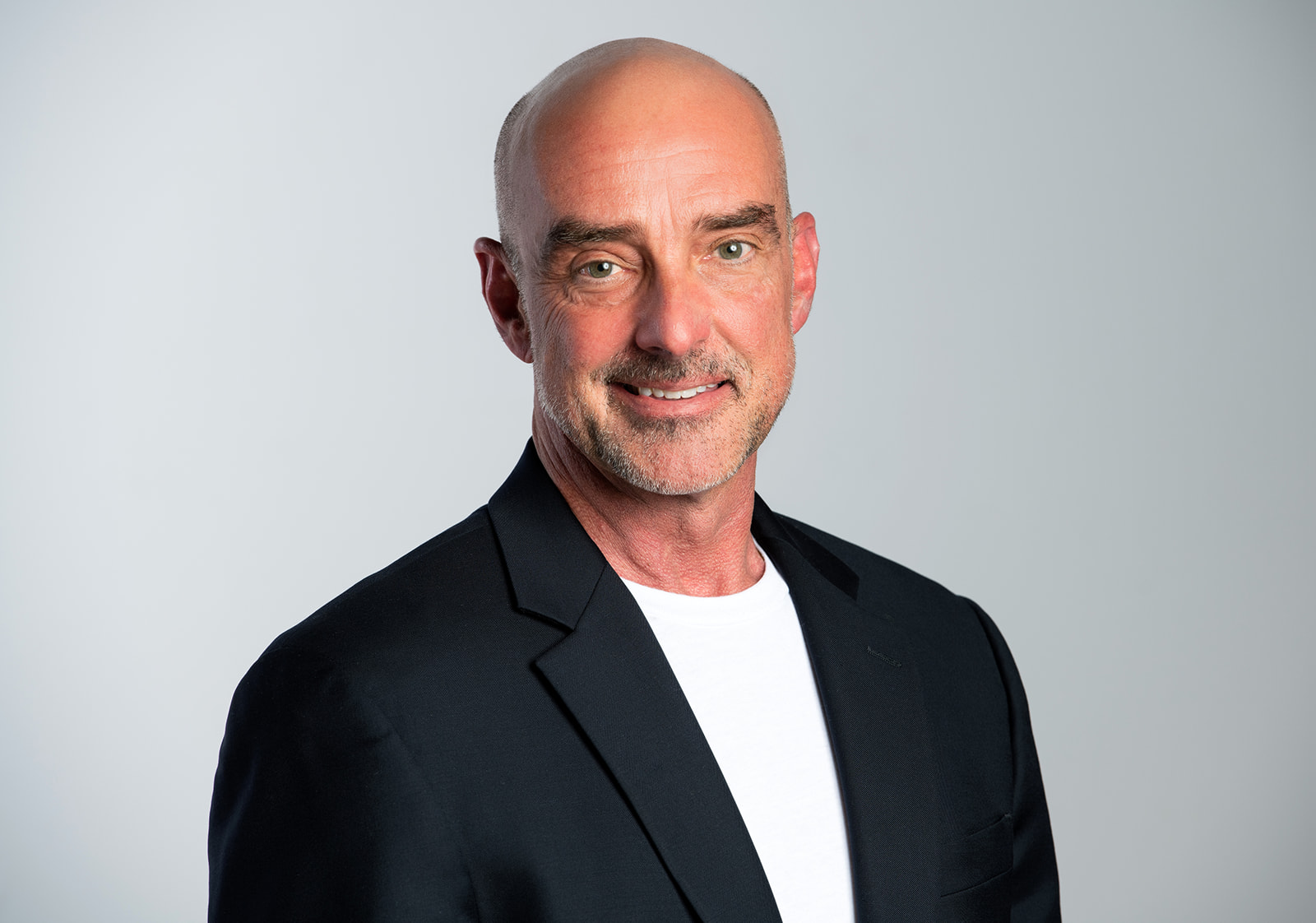In the medical world there is an approach to physical distress often referred to as “a pill for an ill.” That is, “if you’ve got dis-ease, I’ve got a pill that will put you at-ease.” And this approach often works; it makes people feel better and (at least temporarily) relieves the sense of “dis-ease.” What it often overlooks is what is going on in the body-mind-soul that is the root of the dis-ease. That’s where a functional medicine approach proves superior. For example, an anti-inflammatory medication may temporarily take the pain away, but the functional medicine approach seeks to understand the root of the inflammation and address it. Not only will this approach relieve the specific pain for which the medication was taken, it will address a legion of other ills that will inevitably arise from unchecked inflammation in the body. But, people often want a quick fix rather than doing the hard work of addressing their diet, sleep pattern, alcohol and drug consumption, stress levels, fitness, spirituality, quality of friend interactions, etc., all of which may contribute to the inflammation that results in pain. Keep this thought in mind as we turn our attention to gender dysphoria.
Gender dysphoria is the experience of discomfort with one’s biologically established sex, the gender documented at birth. In most cases it is accompanied by a belief that one’s true gender is of the opposite sex, though there is no way for the distressed person to know the inner experience of the opposite sex because they are not of that sex. They can only imagine it.
The default position of many psychotherapists is to simply affirm the ideation of the gender dysphoric person that they actually are the opposite sex, ontological reality notwithstanding. For those who desire that affirmation alone, the number of therapists is legion. My fear is that such an approach is like the “pill for an ill” approach to the practice of medicine. And in medicine there are often long-term side effects that are as bad, if not worse, than the disease itself. The pill may temporarily cause the distress to subside, but the underlying issues remain and, in many cases, manifest in multiple distressing ways.
An alternative approach, for those interested in diving deeper into their psyche/soul is to provide a respectful and non-anxious curiosity by both therapist and client/patient that examines the origin of the dysphoria and subsequent transgender ideation.
Of interest is the medieval concept of the hermaphrodite image in Alchemy. It was not literally about being half man and half woman or morphing into the opposite sex. Rather, it was about holding the two energies in creative tension. The work of C.G. Jung, emerging from the imagery of Alchemy, noted the female principle (anima) within each male and the male principle (animus) within each female. The task of each sex was to live in an integrative way with the opposite complementary principle within, not to obliterate it or attempt to become it.
What is of particular concern are youth (those prior to or still in puberty) who experience what is being called “rapid onset gender dysphoria.” That means that they do not have a history of identifying as the opposite sex or being uncomfortable with their gender documented at birth, but suddenly are asserting that they are uncomfortable with their own gender and wish to take up what they imagine to be the life and experience of the opposite. To jump to the use of hormones and surgery as the treatment for the distress of dysphoria, in such cases, is a “pill for an ill” approach to care. It bypasses the opportunity to do the deeper work of integrating anima and animus in the male and female respectively.
It is popular to speak of “gender affirming care,” which means to unquestioningly affirm the ideation of the person — that they actually are the opposite gender from that documented at birth. But what about caring for the gender with which they were born? What if that gender is being neglected and obliterated by a rush to a potentially inadvisable treatment of distress when the ultimate origin of the distress may well be physical trauma, emotional neglect or abuse, social nonconformity, ostracism for being same-sex attracted, social media indoctrination, peer pressure, etc. The result of that precipitous decision could be devastating and not fully reversable.
Decisions made in an anxious rushed state are inevitably fraught with difficulty. Part of adolescence is learning to tolerate waiting in favor of long-term benefits over short-term satisfaction. There is a risk of waiting; secondary sex characteristics will continue to develop and be evident. That’s a potential problem if one ultimately decides to live as the opposite sex. Likewise, altering appearance early via drugs and surgery is a problem if one ultimately decides that they wish to live out their lives as the sex documented at birth. One cannot simply put adolescence on pause and come back to it later. Nor can one escape the complications that arise from medical interventions that disrupt natural development hormonally and surgically.
Making truly informed choices means more than evaluating risks and benefits of medical interventions. It means examining and addressing the underlying dynamics of one’s relationships with self and others that are often at the root of gender dysphoria. For those who would like to do this work, I would be privileged to accompany you in this adventure of self-care. I will do so with kindness, empathy, respectful curiosity, and rational dialog. I will challenge thinking where I do not believe it follows the rules of logic, inviting you to do the same. I will do so from a heart of care. And ultimately, I will respect your right to make whatever decision you make. If you would like to work with me, I look forward to hearing from you.
Best wishes —
Dr. Brian Hooper+



Finally someone writes clearly and wisely about the confusions and agonies so many young people are grappling with. Thank you, Dr. Hooper. I hope your insight spreads far and wide.
Dr B
Thank you for this thoughtful piece. It is a refreshing wind blowing against a violent tornado.
Dr B
Thank you for this thoughtful piece. It is a refreshing wind blowing against a violent tornado.
This is such a wise assessment of the core of the issues. Thank you.
I keep coming back to this post and rereading it. I have shared it with family and friends. It is very thoughtful and insightful and not the commonly accept line of thinking on this subject. I personally agree whole heartedly. I am facing this very issue with my son and it is overwhelming the pressures and forces in the world that push a “pill for an ill” ideology. It is very hard as a young person who is already suffering, to swim against the stream and not get swept up in it. My son is seeing the affirmative care method of treatment in every direction he looks and is starting to believe that it’s the only way to treat dysphoria. I am trying to hold on to him and swim him up stream, to keep him tethered to reality but he has to be willing to keep swimming too. People like you who are voicing alternative perspectives are so vital. Thank you!